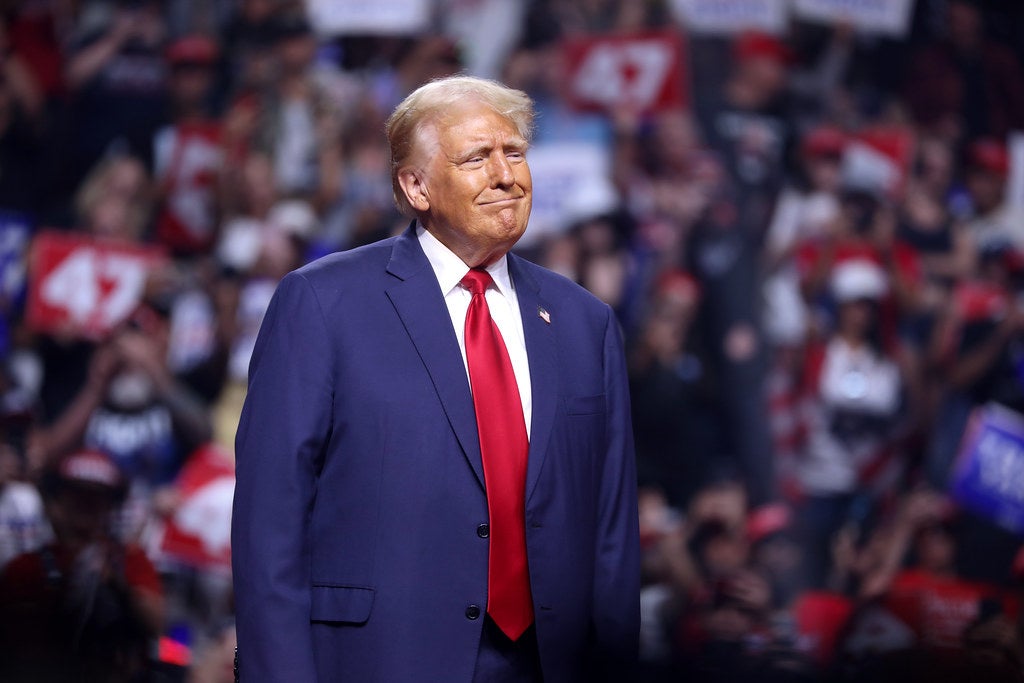President-elect Donald Trump is encountering a significant challenge with the U.S. dollar. Despite his inclination towards a “weaker” currency to enhance U.S. exports and reduce the trade deficit, his proposed policies might inadvertently lead to a stronger dollar.
What Happened: According to Chatham House, David Lubin, a senior research fellow, noted that while Trump prefers a weaker exchange rate, the market expects his policies to result in “strengthening the greenback.”
“President-elect Donald Trump has a dollar problem,” Lubin noted.
“The risk is that the U.S. dollar – which is expensive already – becomes more obviously overvalued, and this could increase the risk of global financial instability.”
The dollar’s value has seen fluctuations over the years, with a significant weakening from 2002 to 2011, followed by a strengthening. Factors such as the eurozone crisis and a slowing Chinese economy have shifted economic vitality back to the U.S., further boosting the dollar.
Trump’s proposed tariffs and fiscal policies, including extending tax cuts, could also contribute to a stronger dollar. These measures may create inflationary pressures, leading to higher interest rates and a tighter monetary policy, which typically results in a stronger currency.
The implications of a stronger dollar include potential challenges for global trade and financial markets, especially for developing countries with weakening currencies.
Why It Matters: The potential strengthening of the dollar under Trump’s administration could have far-reaching consequences. Semiconductor giants like Taiwan Semiconductor Manufacturing Co. and Samsung Electronics have been investing billions in the U.S. following the Chips and Science Act. However, Trump’s return could prompt a reevaluation of these investments.
Moreover, U.S. Treasury Secretary Janet Yellen has warned that Trump’s proposed tariffs could undermine financial market confidence and raise household costs, potentially destabilizing the economy. Yellen emphasized that while targeted tariffs can address unfair trade practices, broad measures might harm U.S. economic competitiveness.
Additionally, Paul Gambles from MBMG Family Office Group criticized Trump’s tariff policies as “completely and utterly wrong,” suggesting they could harm the U.S.’s competitive advantage. Despite these concerns, Gambles believes the tariffs may not be implemented to the extent Trump suggests.
Read Next:
Disclaimer: This content was partially produced with the help of Benzinga Neuro and was reviewed and published by Benzinga editors.
Image via Flickr
© 2024 Benzinga.com. Benzinga does not provide investment advice. All rights reserved.








